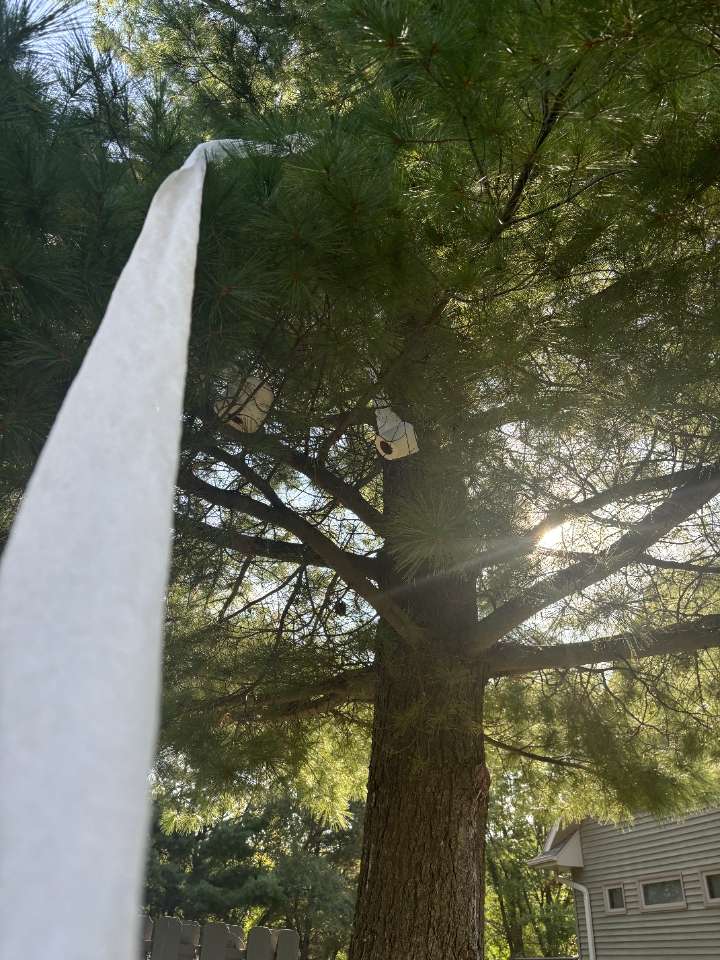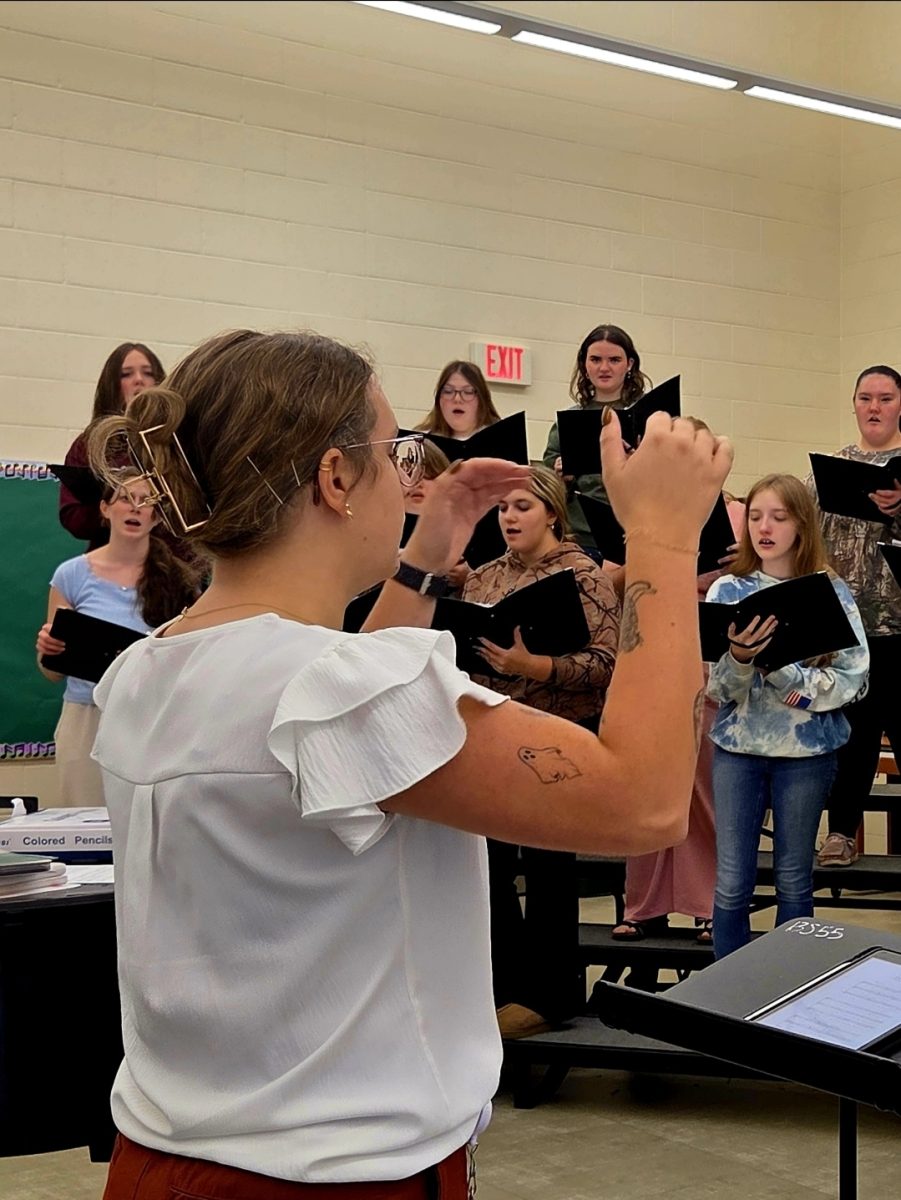Clubs are safe spaces for students to learn, grow, and get out there. However, some clubs, like Mock Trial, STAR, and Forensics, have not had enough members for the clubs to run.
STAR was a club run by art teacher Angela Breunig, and it was a club dedicated to members and allies of the LGBTQ+ community. STAR was implemented into Berlin in 2008, but the club never had a constant number of members.
“The club starts to fizzle out when students lack interest in being the leaders. Some kids want the group as a safe place to meet others like them, while others really truly want to be outspoken and educate others,” Breunig said. “The outspoken are generally those willing to lead the club, and when those kids phase out, there isn’t always another outspoken kid who wants to lead.”
Similar to STAR, Mock Trial ended due to the lack of student interest or time. Mock trial ran for over 50 years, starting under Gary Knoke before current history teacher Jennifer Leahy took the position. Mock trial was a very time consuming club, with tournaments lasting eight to 12 hours on a Saturday.
“Mock Trial required a considerable time commitment and extra work for students. Students who were attorneys had to write questions and opening /closing statements. Students who were witnesses had to learn affidavits and practice just like they would for a play,” Leahy said. “Students who were involved in Mock Trial were the students involved in everything else, so it was difficult for them to commit to the time required.
While the Forensics club did not have many students in the first place, only about three or four, the club officially dissolved when the most recent advisor, Beth Cook, left the district. Sophomore Makayla Trochinski was one of the few students in Forensics last year.
“I think it’s possible we don’t have a new adviser because of how few students were interested in the club in the first place,” Trochinski said.






